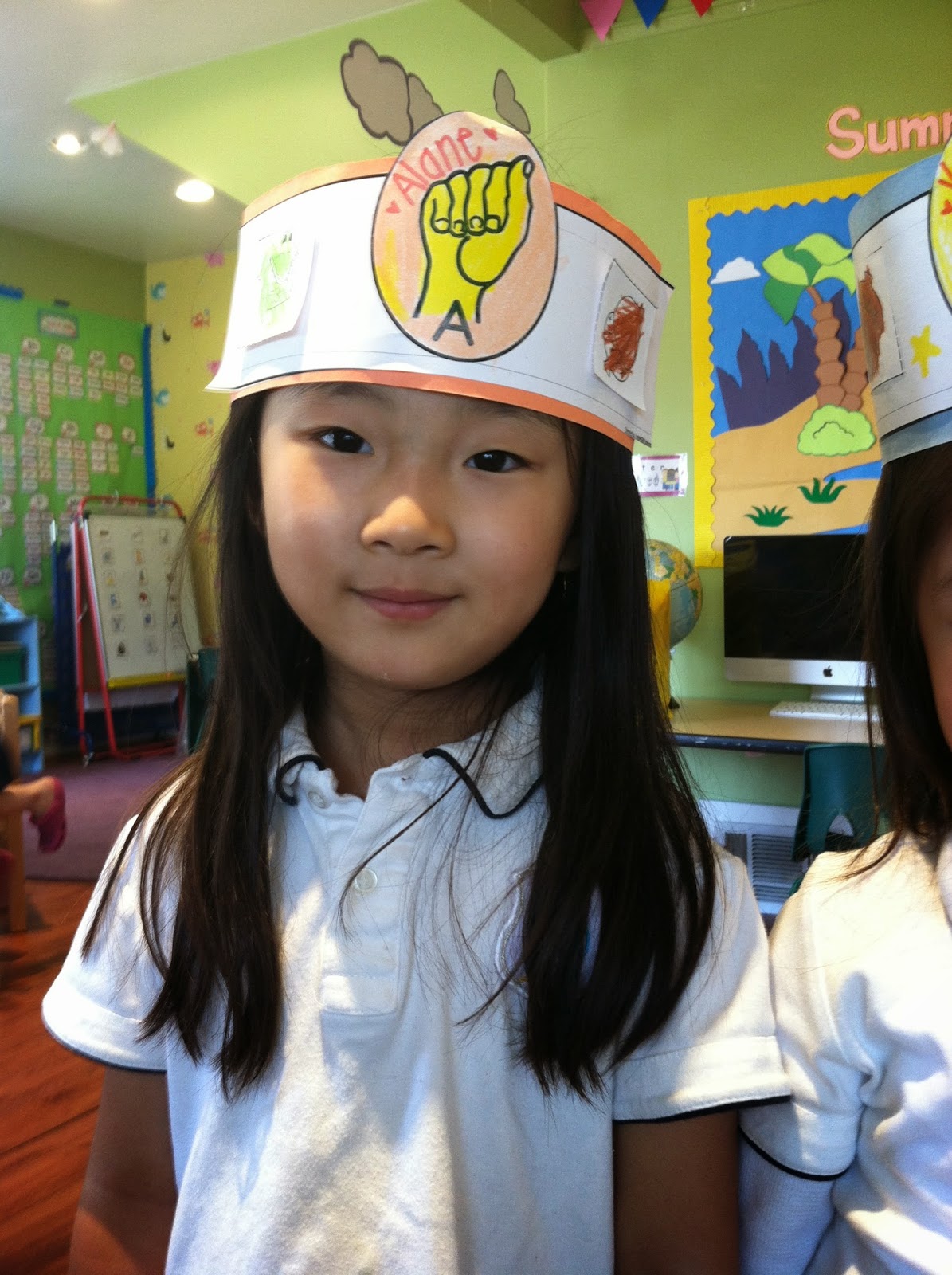“A different language is a different vision of life.” - Federico Fellini
I believe this quote holds especially true for those who learn or know sign language. Sign language is a beautiful and affectionate language; using only hands, eye contact and facial expressions to communicate. A study by Claire Vallotton found that when children use sign language, teachers are better at making eye contact, talking to them, being more loving and more responsive to their needs.
Learning sign language greatly impacts children's cognitive, linguistic and social-emotional development skills. A study conducted by researchers Linda Acredolo and Susan Goodwyn, created three different groups of families; one group taught 32 families to use sign with their children, another group taught 32 families to label everything in the child's environment with spoken words and the last group of 37 families were told to not to do anything particular. What they found, on average, was that those children who learned sign language had better language skills and increased vocabulary. They also scored 12 points higher, on average, on verbal IQ tests. Not only were children's cognitive and linguistic skills positively impacted, so were their social skills. It was noted by Claire Vallotton, that children who use signs before they talk can use signs to communicate their feelings and control their own behavior in order to comply with adults' requests.
A few ASL resources for children:
Ivy Sign Language Kings and Queens!




No comments:
Post a Comment